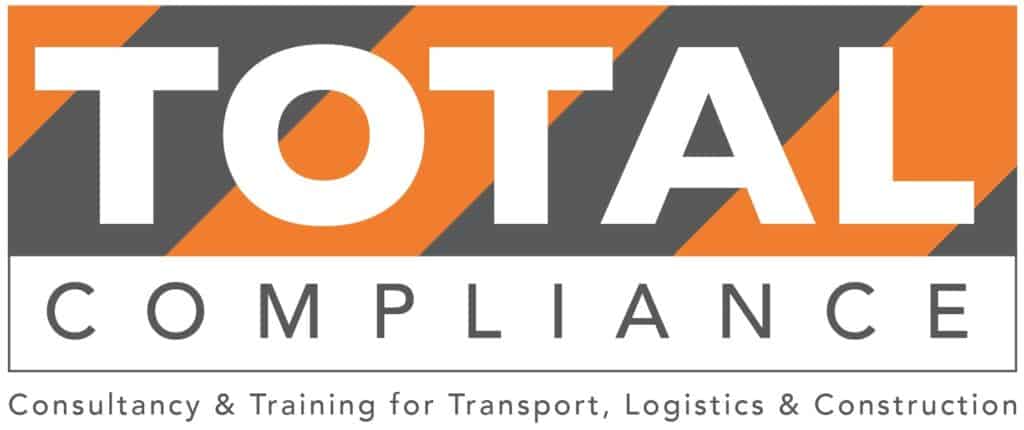Do I need a DGSA?
As of 31 December 2022, every business that regularly consigns, transports, picks, packs, organises, fills, loads, or unloads dangerous goods by road, rail or inland waterway must appoint a dangerous goods safety advisor (DGSA). Consignor-only companies involved in the transportation of dangerous goods must also appoint a DGSA.
These rules are set out in the Agreement Concerning the International Carriage of Dangerous Goods by Road (ADR) Regulations (the Regulations) which were updated in 2019, with a derogation stating that the appointment of a safety adviser must happen no later than 31 December 2022.
Previously, the Regulations only applied to businesses involved in the picking, packing, filling, loading, unloading and transport of dangerous goods. However, it is now a legal requirement for businesses who are only consignors/handlers of dangerous goods to appoint a DGSA.
Any business failing to appoint a DGSA when required by the Regulations may be prosecuted under the Regulations and may also be in breach of Section 2 or Section 3 of the Health and Safety at Work Act 1974 (HSWA), namely failing to ensure the health and safety of employees and non-employees in connection with the use, handling, storage and transport of hazardous goods.
However, some businesses are exempt from these regulations, as defined in HSE’s Carriage of Dangerous Goods Manual.
What are the DGSA exemptions?
If you transport dangerous goods, your business must have a DGSA unless any of the following specific exemptions apply:
- You are only involved with the movement of dangerous goods occasionally - such as breakdown recovery vehicles which occasionally recover vehicles which are still loaded with dangerous goods
- You are the consignee – i.e., you only receive dangerous goods and have no involvement in the transportation process
- The dangerous goods are shipped in limited quantities (LQ) - such as small containers or boxes. Check the UN code of the hazardous materials to identify what constitutes LQ for your shipment (i.e., the maximum quantity per inner packaging).
- You are moving dangerous goods a very short distance by road - such as transportation between buildings on an industrial estate
- You are carrying machinery which happens to contain dangerous goods
- You are providing emergency transport intended to save life or protect the environment
DGSAs are not expected to monitor the carriage of dangerous goods by sea or air.
If you are still unsure whether you require a DGSA at your business, get in touch with Total Compliance today on: 0345 9001312, or complete our enquiry form and one of the team will get back to you.
DGSA related articles:
What should I consider when employing a DGSA?
What are the changes to DGSA regulations and how will they affect you?
What does a DGSA do? / What are the duties of a DGSA?
A day in the life of a DGSA advisor
